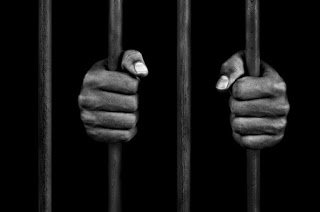Theresa Takafuma
The
Covid-19 pandemic has shone a light on inequalities between countries as
African states have been pushed to the back of the queue in accessing test
kits, personal protective equipment (PPEs) and now vaccines, World Health
Organization (WHO) has said.
In a
statement commemorating World Health Day on April 7, WHO Regional Director for
Africa, Dr Matshidiso Moeti said only 2 percent of the 548 million Covid-19
vaccines administered worldwide have been in Africa which however accounts for
nearly a fifth of the global population.
“Only
11 million or 2 percent (vaccines) have been in Africa, whereas the continent
accounts for around 17 percent of the global population.
“There
are also inequities within countries; discrimination based on gender, place of
residence, income, educational level, age, ethnicity and disability intersect
to disadvantage vulnerable populations,” said Dr Moeti.
She
said the prominent challenge in addressing the inequalities stem from the
unavailability of data regarding citizens, therefore creating a gap between
nations and communities in Covid-19 response.
“A key
challenge in addressing inequities is that there is limited data showing who is
being missed and why, and to address this, national health information systems
need to capture age, sex and equity stratified data, information that can then
be used to inform decision and policy making,” said Dr Moeti.
She
said WHO was working with countries to strengthen capacities to collect, manage
and use data, and to enhance monitoring and action to address inequities.
She
urged WHO member states, partners, civil society, communities and other
stakeholders to intensify work with the organization to achieve universal
health coverage and to invest in addressing the social and economic
determinants of health, to tackle inequities and build a fairer, healthier
world.







